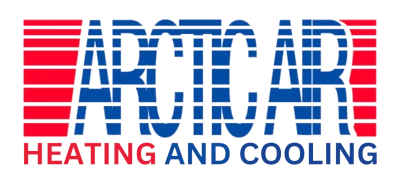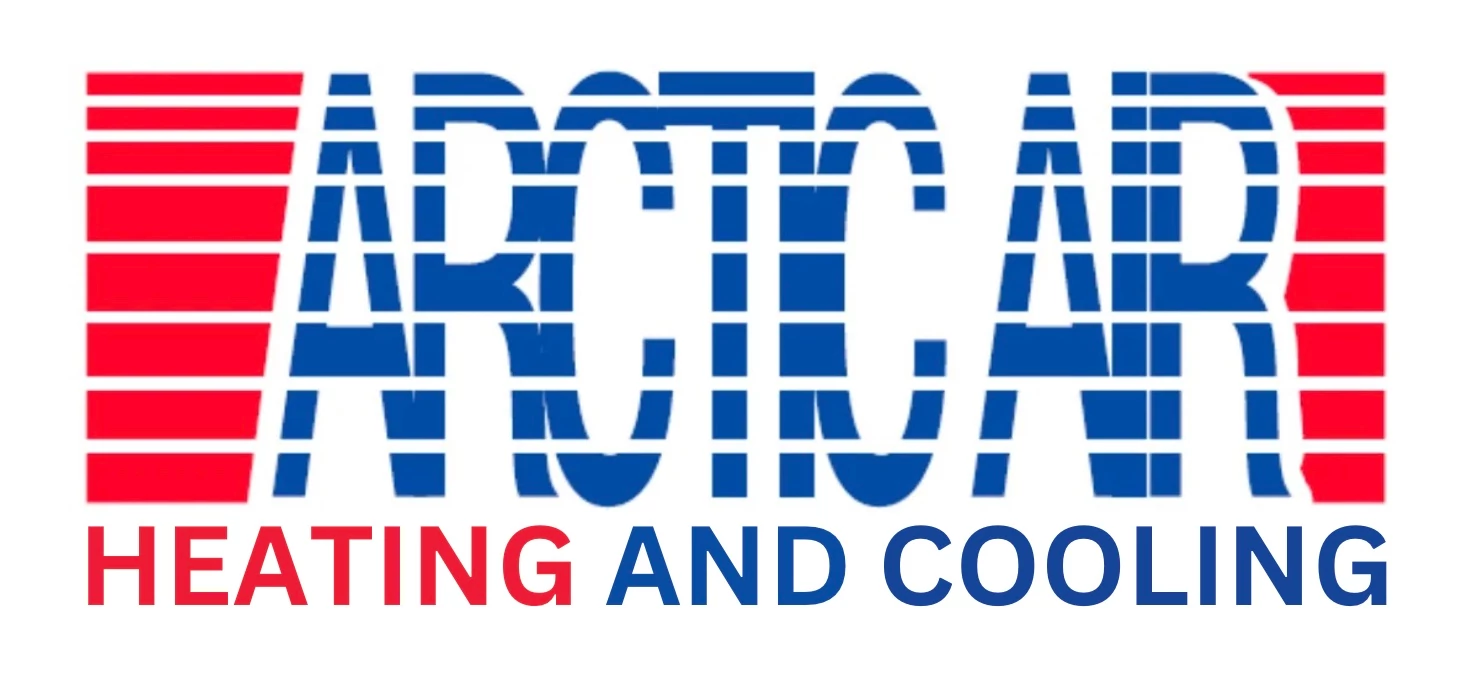What you think you know about air conditioning – but don’t – may be costing you money, damaging your HVAC system and even leaving you hotter than you should be.
It’s air conditioning season, and units all over the Kansas City real are humming to life. But how much do you really know about your A/C?
Here we are going to take a look at some of the most common air conditioning myths and misconceptions, as well as ways to save money without sacrificing comfort or meeting your cooling needs.
Air Conditioning Myths #1
Turning your thermostat all the way down will help your home cool faster.
It will always be a matter of time to cool a room or your home. Your air conditioner will continue to run at the same rate even if the thermostat is set to the lowest possible setting.
Temperature variations may be mitigated by using a programmable thermostat. When you are not at home, you could raise the temperature by a few degrees and then lower it when you return. This will help to avoid a rapid rise or fall in temperature.
Adjust the temperature of your thermostat based on your habits, preferences, and the outside temperature. The closer your thermostat setting is to the outside temperature the more you’ll save.
Air Conditioning Myths #2
Bigger air conditioners are more efficient and produce better results.
An air conditioner with a capacity that is far too large for the space it is supposed to cool will force its compressor to turn on and off frequently, wearing it out, shortening its life, and consuming a lot of electricity.
When you select an air conditioner that is too large, it is forced to run continuously in short bursts, causing it to burn out more quickly. When your air conditioner runs in short bursts, heat and humidity can seep back into the house, causing damage over time.
On the other hand, choosing an air conditioner that is too small wastes a lot of energy and money because the air conditioner is constantly running to try to cool your home, even if it will never be able to do so properly.
The best way to start saving money on your energy bill is to choose the right air conditioner size.
Air Conditioning Myths #3
Turning Off the Air Conditioner Will Save Energy When You Aren’t At Home
This strategy is only effective for long periods of time. On a hot summer day, if you turn off the air conditioning before going to work and then turn it back on when you get home, your air conditioner will have to work harder to cool your home.
It’s preferable to turn the thermostat up a few degrees than to leave it off.
While you’re gone for the day, we recommend raising the temperature by 7 to 10 degrees. The better option is to raise the thermostat because it:
Mold and bug protection for your home – Turning your air conditioner off causes humidity, and in the summer mold and insects love humidity.
It helps you save money – When setting back your thermostat daily, a setback of 7-10 degrees F for eight hours a day can save as much as 10 percent on annual heating and cooling energy use.
It keeps you at cooler and drier – Maintaining a cooler temperature all day will manage the indoor humidity
What temperature should you set? When you’re at home, Energy Star, a federal program run by the Department of Energy and the Environmental Protection Agency, recommends keeping your house at 78 degrees and we agree.
Air Conditioning Myths #4
Your Summer Cold Could Be Due to Air Conditioning
A cold is caused by a virus rather than a change in temperature. To get sick, you must be exposed to germs, bacteria, and viruses. It’s possible that you’re suffering from allergies or an asthma-related symptom.
The quality of your indoor air is influenced by your HVAC system. A dirty air conditioner filter can cause airborne illnesses, which is why it’s critical to change them on a regular basis.
Air Conditioning Myths #5
Before replacing your old air conditioner, let it “kick the bucket.”
While purchasing a new air conditioning unit may be costly at first, its higher efficiency will save you more money in the long run than keeping and operating an old one.
Today’s heating and air conditioning systems are extremely energy efficient, using significantly less energy than systems built 10 to 15 years ago. The higher the SEER, the less energy is used and the less expensive it is to run.
Take into account the system’s age, technology, repair costs, and overall performance. Weighing your options with complete information, such as that provided by the experts at Arctic Air KC, will help you make the best decision about when to replace your air conditioning system.

